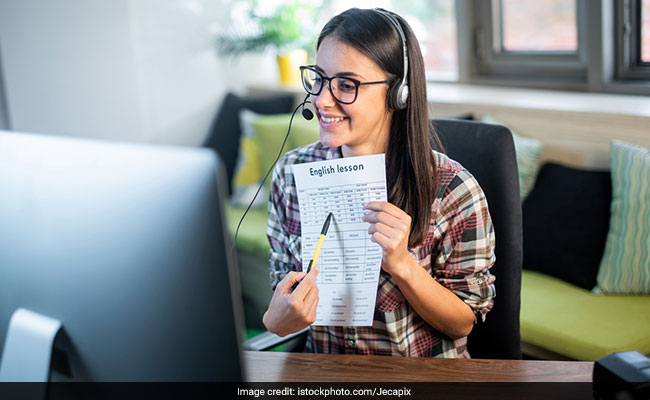The world is going through an unprecedented crisis in light of the COVID19 outbreak since the beginning of the year. While a lot of businesses and companies have put their work on halt, some sectors have emerged as saviors. One such group that is doing a plethora of work but stays under-appreciated is the teachers.
Even before the pandemic hit, the profession of teachers included multiple roles. Especially the ones who focus on underprivileged students. These students have no access to counselors, high tech e-learning facilities, or even an environment to study at home. Many of them come from humble backgrounds. There is a limited availability of resources and emotional understanding in their families.
Their teachers play the role of guardian, friend, and mentor along with their primary job. With temporary shutdowns, the support system and comforting presence have taken a huge toll. There is turmoil in the lives of students. But the teachers being strong role models, are adopting new methods to stay in contact with their children. Many teachers connect with their students through WhatsApp chats, audio or video calls.
Technology is playing a key role during this pandemic. Its effects on the education sector are visible. There is a big thrust on it right now but most of the teachers do not have any professional knowledge of managing virtual classrooms. Getting comfortable with technology, adjusting their teaching style to suit the changes, planning new ways to provide homework to students, maintaining decorum of an online class are some of the many challenges a teacher currently faces. Not to mention, learning an entirely new skill and making sure to know the in and out of it is a challenge in itself.
Rashmi Kamble, a private school teacher in Maharashtra for 20 years, expressed her dilemma on the lockdown, “My heart sank when I realized that the school is going to shut, and I couldn’t believe that I would be away from my kids for so long. I miss seeing their faces and being around them, being able to interact so freely, and seeing them in person. When the school told us that we would be starting online classes through google meet, I jumped at the opportunity.”
She further says, “I am excited when I am about to start my class. It is not the same but at least this is a good substitute. The emotional connection we have with kids is helping us overcome small barriers like poor connections, interruptions over the internet…now we take it in our stride.”
Teachers from government schools have undertaken an additional role of a counselor. Staying in touch with students, learning about their family and life has filled the barrier of communication that exists in the family of their students. Children in government schools are forced to rely on self-learning or partially facilitated virtual learning as they are largely our most vulnerable children who lack the internet connectivity needed for live classes.
The 75th report of the National Sample Survey Office (NSSO) for 2017-18 highlights the issue of internet facilities around the country. The availability of internet services in households stands at 14.9% for rural areas while it is 42% for urban areas.
Parents of most of these students are unable to provide an additional smartphone for their children. Therefore, live classes like private schools are dreams still faded for government school students.
Binod Jaiswal, a teacher from Madhya Pradesh says, “Children don’t have a lot of people that they can turn to and speak their heart out. It was very easy to keep an eye on the kids who had a troubled family or an alcoholic father when school was in progress. Right now, every day I am speaking to six to seven children who are in such families and we ask them how they are doing and how best can we help them or can distract them from the unpleasant scenario that they are in.”
“We are already strained with household chores and schoolwork, but these are our children that we cannot ignore in this kind of an unusual situation of a lockdown. We are okay to put in that extra energy….we just want them to be safe and happy,” Jaiswal states.
The future of an entire generation is suffering because of Covid-19 pandemic. Teachers are doing what is in their reach and they must be supported with proper training and flexibility at work. The state governments should look into a viable method of remote counselling to help students who need emotional and mental support.
Teachers are the backbone on which the system of education is standing. Their work is more mentally draining and emotionally challenging than ever. Although they are doing a commendable job, a little help can do wonders.
